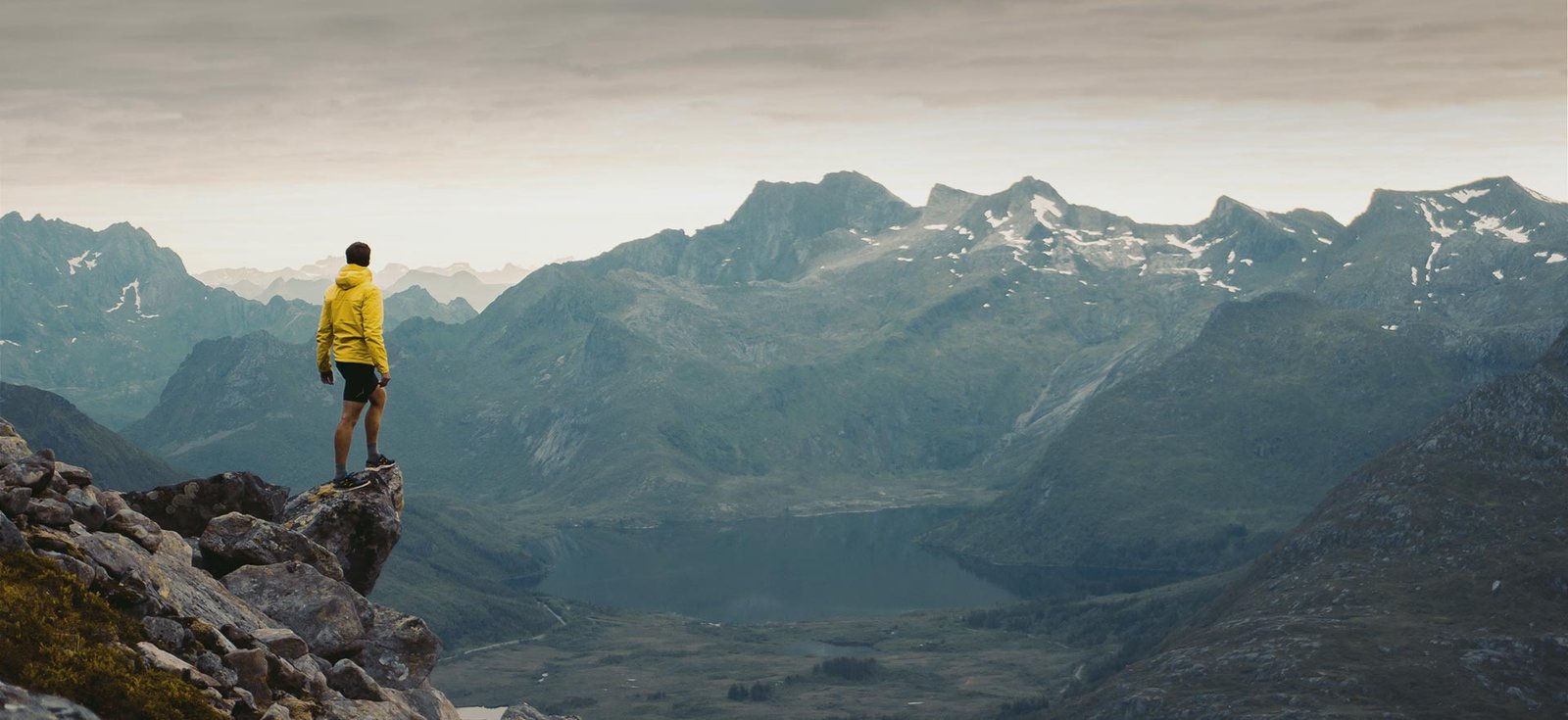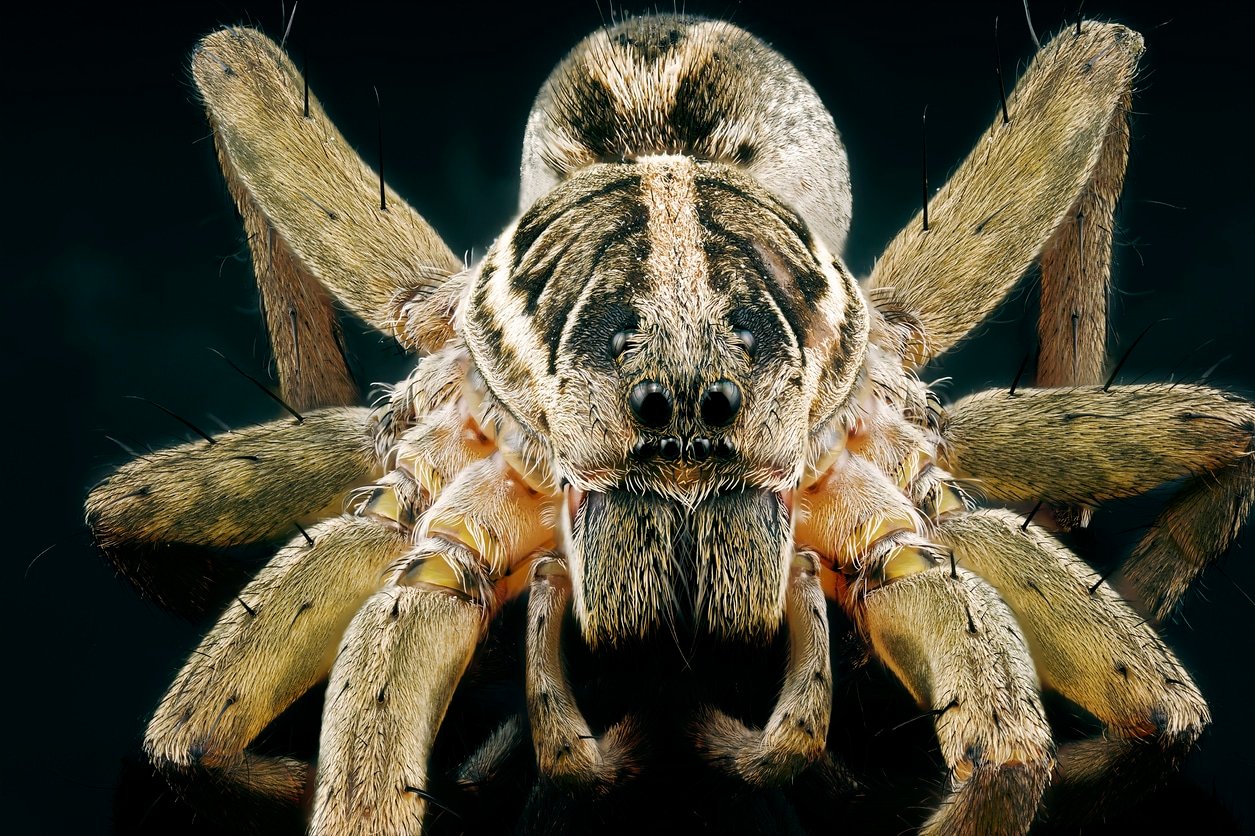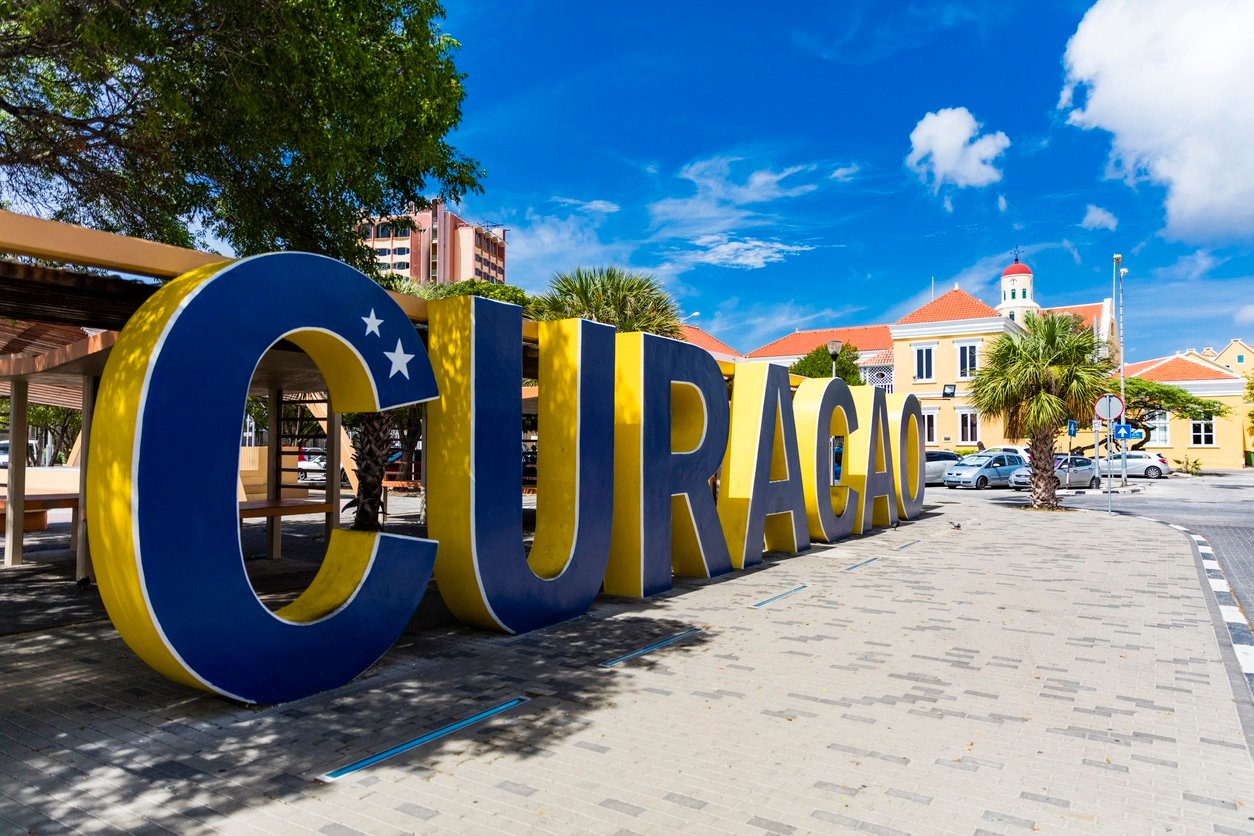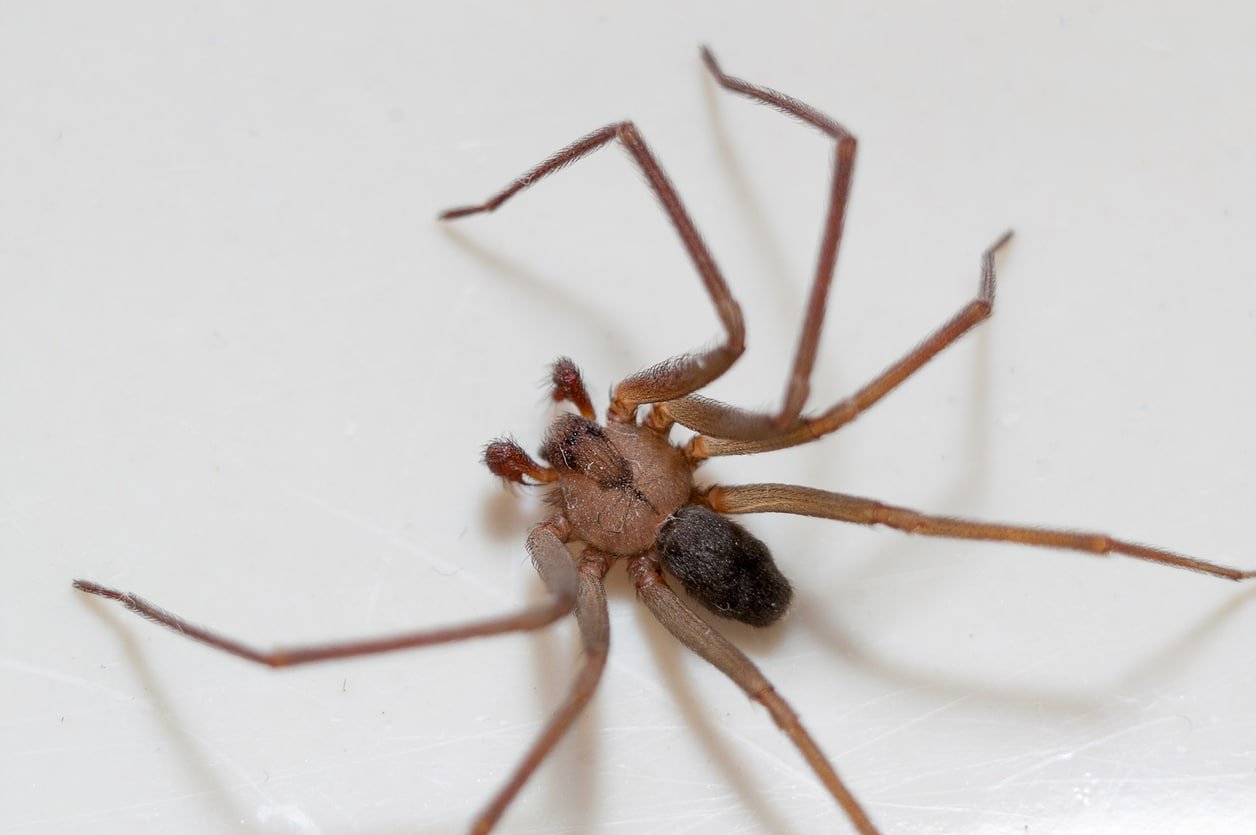Spiders in Fiji: What You Need to Know Before Visiting!
When you think of Fiji, you likely think of a wild, untamed tropical island home to snakes, spiders, and other dangerous animals that you need to be worried about.
And it is true that Fiji has at least 45 different spider species, but none of them should be deadly to healthy people.
Not being deadly doesn’t mean everything is okay though. Spiders can still be a dangerous species that can be hiding in your shoes, in your clothes, or around your house or hotel room.
In addition, spider bites that aren’t deadly can still cause pain and other problems for humans and can be even more dangerous for children, the elderly, or sicker adults.
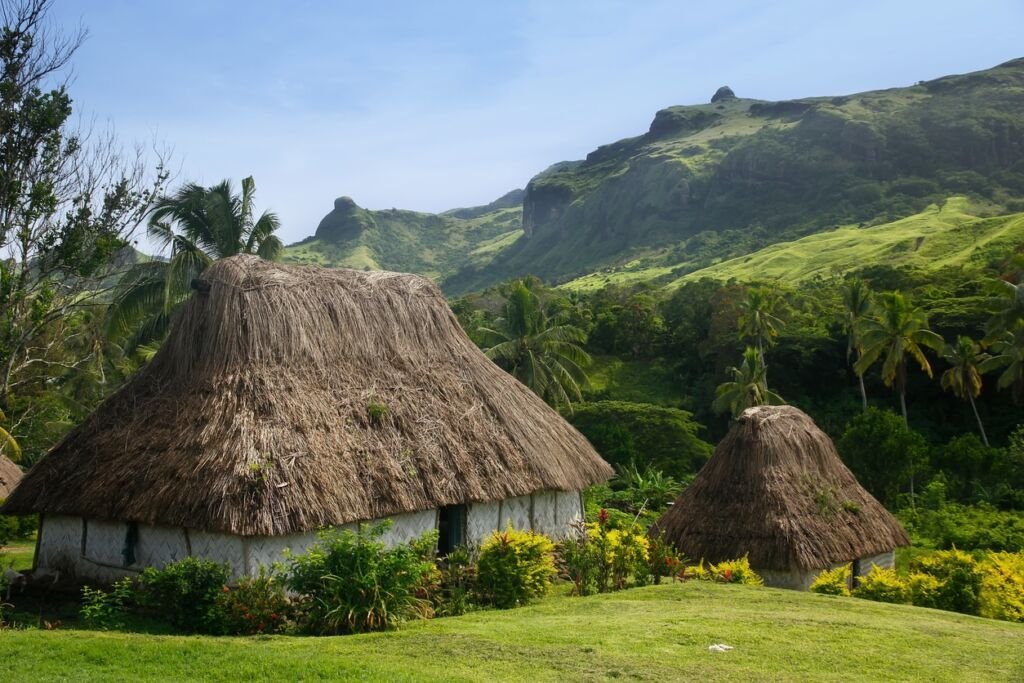
What Spiders Live In Fiji?
Fiji is home to at least 45 species of spiders. Many of them will make their homes in the high canopies of the forest so you won’t run into them very often.
However, some will venture into your home or hotel room and startle you!
Fiji is also home to tarantulas – more on that later in our section on venomous spiders.
If you’re concerned about spiders attacking you or making you sick in Fiji, you should not worry too much, and in most cases, there is no reason to kill any of the spiders you will find in Fiji.
Instead, you should leave them alone, and if they enter your space, give them the opportunity to escape.
If they don’t go, try to get a professional or hotel staff member to remove them as you still don’t want to be bitten due to the pain you may suffer. (Recommended: The Fiji Culture Guide).
Some of the most common spiders you’ll run into are:
Common House Spider & Grey House Spider
The common house spider doesn’t have a scary name, likely because it poses absolutely no risk to humans.
Their fangs are too small, and their venom is too weak to cause any kind of reaction to humans. In any case, you can just leave these spiders alone and let them keep your house free of insects.
It actually benefits you to let these helpful spiders stick around in your apartment or room. While living there they will feed on any pesky insects that make their way into your space.
In some cases, they may even feed on larger things like lizards. So just try to live in harmony with your house spider and let them help you.
Grey house spiders are very similar to common house spiders. They are not causing you any problems and feed on the insects that come into your home. So as long as they keep to themselves, you should just let them be.
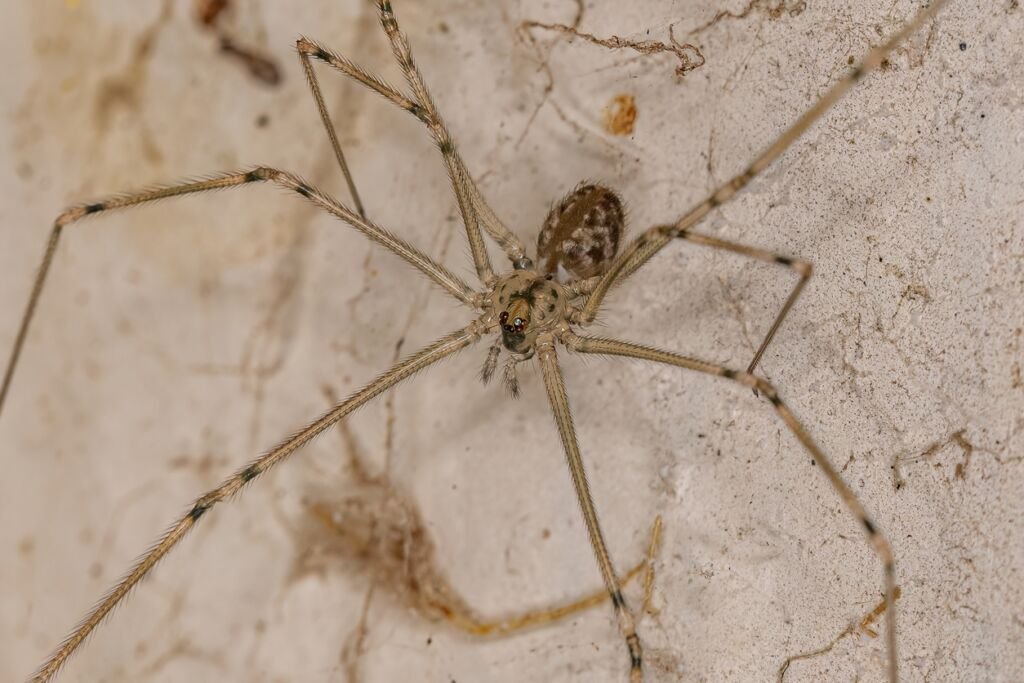
Harvestman Spider
Technically, harvestman spiders are not spiders; they are arachnids though. They have no venom and can not produce webs, and overall they pose no danger at all to humans.
So don’t be too concerned if you see one walking around.
Harvestman spiders prefer humid climates, so everywhere in Fiji is perfect for them. They prefer to live in forests and caves.
You are likely to see them if you go rock climbing but leave them alone because they pose you no danger.
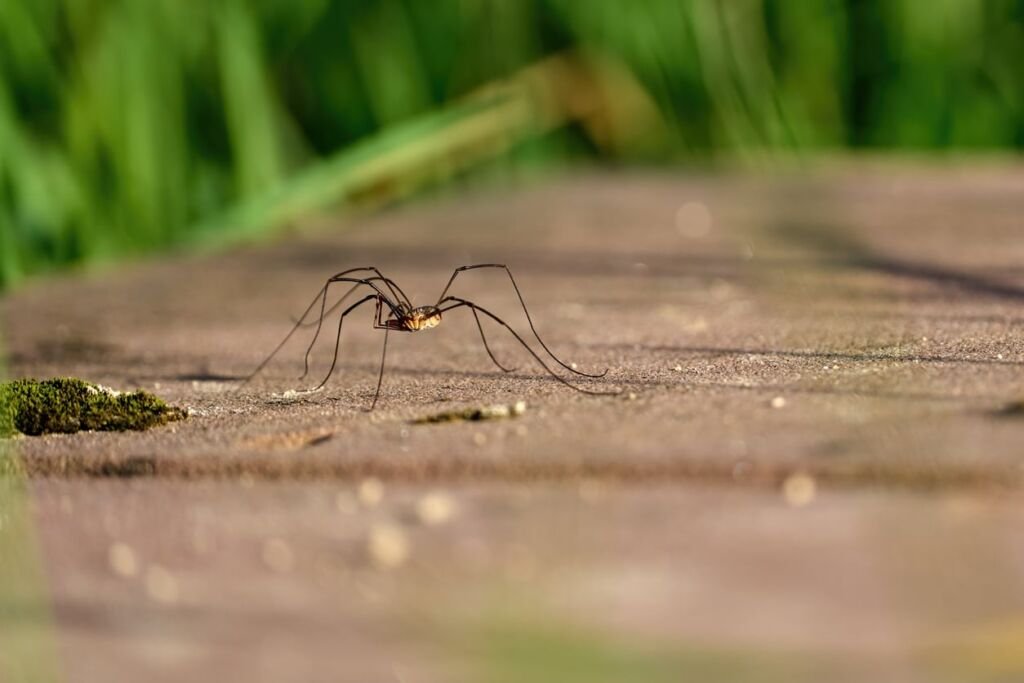
Wolf Spider
A wolf spider’s body can grow to around 3 cm but they don’t pose a danger to humans. They will actively stay away from humans and will only bite if they fear for their safety.
If a wolf spider bites you, there won’t be enough venom to cause you issues; however, their fangs are pretty large, so you may feel pain.
Wolf spiders can be found almost everywhere outside. However, forests are not their favorite area to live in. Instead be careful of grasslands, beaches, and gardens.

Banded Tunnelweb Spider
As with many spiders in Fiji, the banded tunnelweb spider is not dangerous to humans due to low venom. However the bite of this large spider can be very painful.
They are found underground in tunnels, and you may find them on the coastline or beaches.
So be careful if you’re digging around on the beach, or you may find one who could bite you out of fear.
Yellow Sac Spider
Yellow sac spiders are not especially dangerous; however, if you’re bitten by one, the area could become red and swollen, and the tissue surrounding the bite could die.
You will have short-lived pain but shouldn’t have any lasting issues from the bite.
You will most often find them in gardens, inside their web sacks, rather than traditional spider webs.
So be careful if you are admiring any gardens or picking flowers.
Nursery Web Spider
Nursery web spiders pose minimal risk to humans and most bites happen when you push your body against them. For example if they are in your clothes.
Their bite can be a little painful, but there are no lasting effects. Their venom is only powerful enough to kill a tiny fish.
Aside from in your clothes, you will most often find these spiders in tall grass or shrubs, so be careful when walking through parks or similar areas.
Are There Venomous Or Big Spiders in Fiji?
None of the spiders found in Fiji should be able to kill you, but that is the case for most locations and spiders around the world.
However, spider bites can be extremely unpleasant, causing pain and blistering that may require some type of medical treatment.
There are a number of venomous spiders in Fiji that you should be watching out for. So make sure you’re not sticking any part of your body anywhere that you can’t see. Check your shoes, shake your clothes, and don’t go rummaging around in bushes or similar areas.
As for big spiders, there are a few….
Tarantulas and huntsman are the most dangerous and biggest spiders in Fiji. Nothing else compares to them in size when it comes to spiders.
Tarantulas can be anywhere from 4.5 to 11 inches, which is concerning if an 11-inch spider decides to bite you. Huntsman are slightly smaller at 5 inches on average, but that’s still big enough to frighten you if one is walking around your home.
Tarantulas
Fiji is home to tarantulas, and while this giant spider can’t kill you, their bites will leave you in pain. The pain you feel is mainly due to the 1 cm long fangs being plunged into you.
However tarantula venom is mild and considered less severe than a bee sting for most people. Symptoms more than pain are rare but possible, with nausea, vomiting, and fever all reported.
Tarantulas are giant and relatively docile, so they likely won’t attack you unless provoked, so keep an eye out for them and maybe go the other way when you see one.

Huntsman
The huntsman spider is another less venomous spider, but its size and fangs can leave some severe damage in any human it decides to bite.
In addition, a huntsman can reach up to a 15 cm leg span, which should make you concerned, and walk the other way if you see one.
Huntsman are relatively timid and not interested in attacking humans unless provoked.
However, they will come into your home in search of food and shelter, which is a little problematic if you find one walking around or you’re surprised. Just be careful not to startle or go near it. They can move lightning fast.
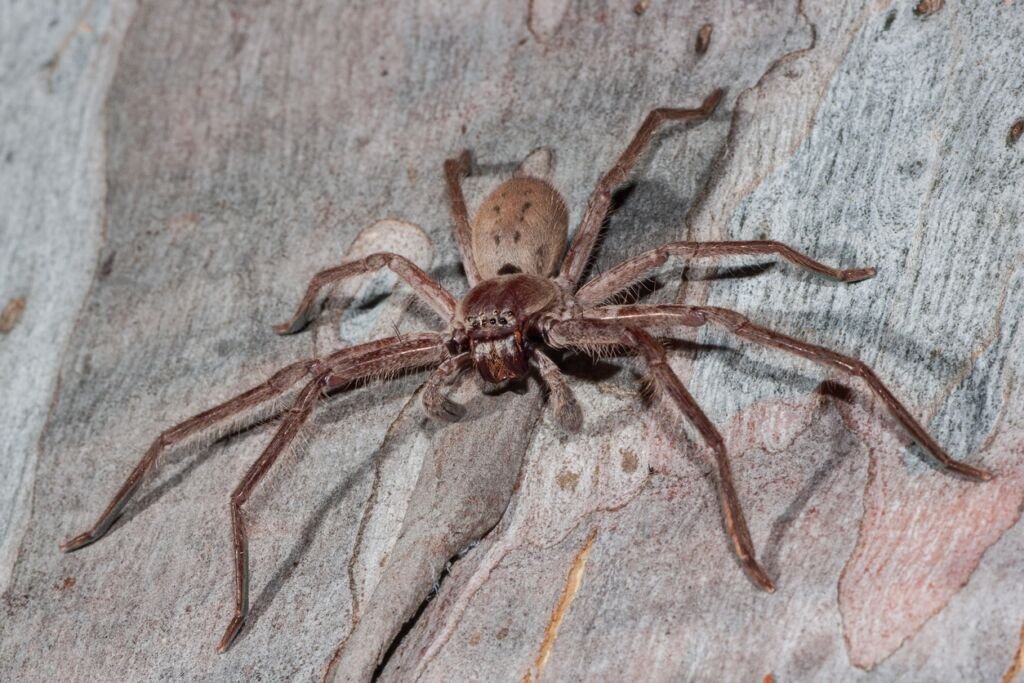
Our Final Thoughts
Fiji is home to many dangerous animals. However, spiders do not fall into that category.
While the huntsman and tarantulas are giant and can bite you, they likely won’t unless you provoke them, and then your symptoms should be minimal due to weak venom being injected.
If you do find any spiders in your room, you shouldn’t try to handle them as they could bite you for doing so. If not provoked most spiders in Fiji will not attempt to interact or cause problems for humans. If you’re in a resort, you should leave your room and have the resort staff handle the spiders.
As far as dangerous or deadly animals in Fiji, you should be looking to the waters for them, as most dangerous animals are living in the oceans of Fiji. Keep an eye out for sea snakes, jellyfish, and even stingrays. (Recommended: Snakes in Fiji).
There are no extremely dangerous animals on land in Fiji, so you should be safe and protected, especially if the location you’re staying in has treated the rooms with screens and other methods to keep animals out.

